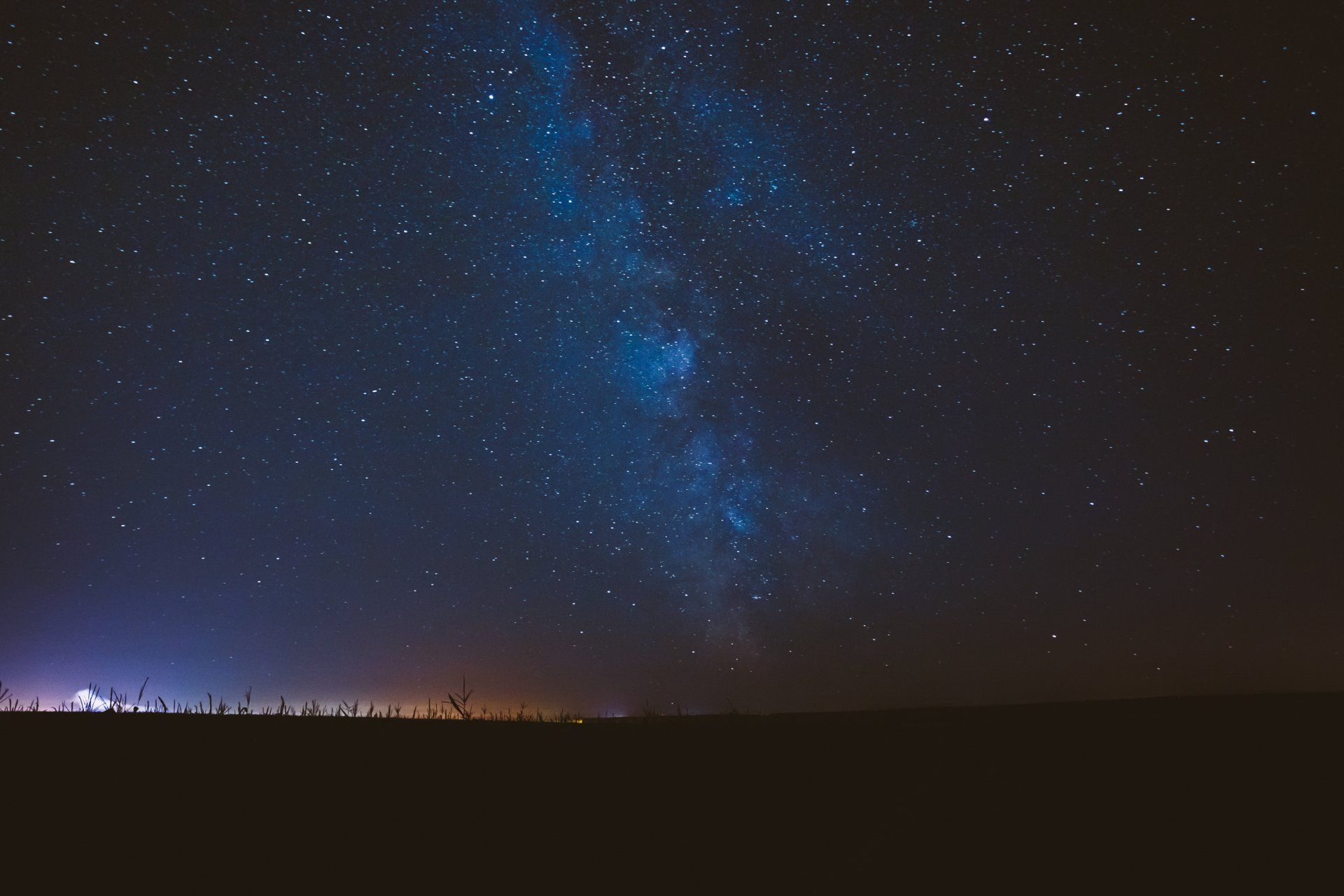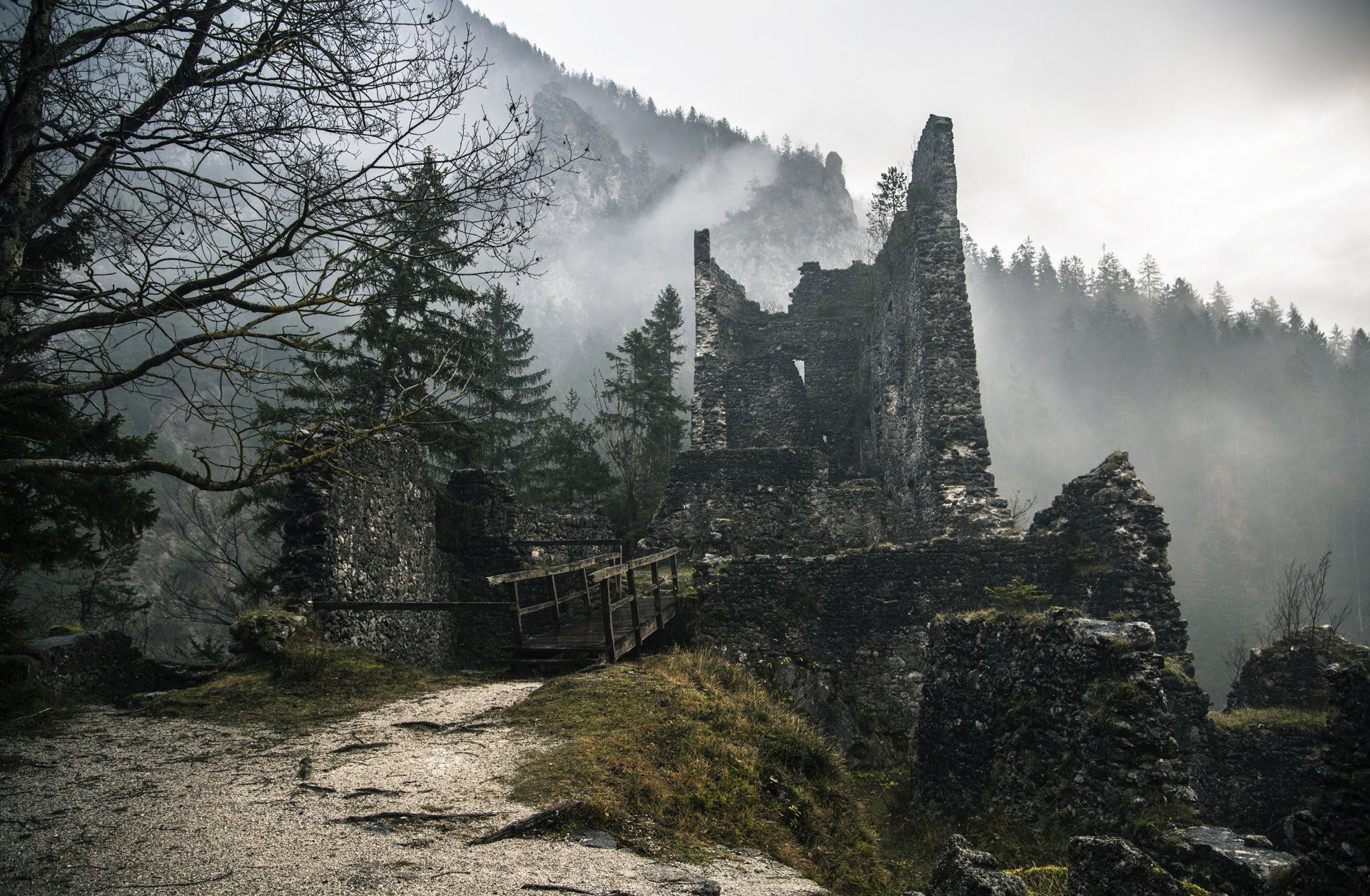WE ARE THE BROKEN HEARTED
Jon Bergmann • April 10, 2020
What do we do with the death of God?
It’s good Friday. Arguably the most confusing and incomprehensible day on the Christian calendar. Thousands of years ago the followers of Jesus found the idea that their saviour could die on a cross inconceivable, and yet here we are all this time later, still sitting here awkwardly waiting for Sunday to come around so that we can celebrate the good stuff.
What do we do with a day that celebrates (is this even the right word?) the death of God?
It’s a difficult thing to wrestle with and pastors, theologians, as well as the rest of us have spent a long time trying to figure out what it all means.
So instead of navigating the complex world of atonement theories or debating the significance of trinitarian love, I want to try and explain why a day like today is important to me. Put simply, Good Friday is important to me because it allows me to confront my pain, my suffering and my brokenness. It reminds me that unless I had come close to death, I would not have been able to understand the nature of life. It comforts me by bringing to bear the memories of my greatest pains and places me inside the story of a God who didn’t transcend human depravity but experienced it, was abused by it, was destroyed by it.
It reminds me that our shared story is one of pain.
Of death.
It’s dark, I know. Can you feel yourself wanting to finish my sentences? “Yes – but death didn’t have the last word!” It’s as if we are incapable of sitting in the shadow of death without running a mile in the other direction. It’s why we feel the need to fix other people’s pain when they open up to us or why we struggle to know what to say when tragedy hits. We are constantly searching for a better end to the story.
But the power of the Christian story is not primarily in the fact that God was resurrected. The real power is found when we consider that God actually died.
This one statement is a redefinition of almost everything we thought we knew about life, love and truth.
Power is revealed in suffering service;
Strength is seen in mercy, humility and grace;
And death is the only path to any kind of life.
Conceptually we know this is true from the pages of the bible, but what does it really mean for death to be a path to life, for death to be our path to life?
Personally, this has been a very difficult journey for me. As long as I can remember I’ve studied philosophy and Christian thought, and I’ve always leaned toward a form theology that is graceful and generous. One that made me feel noble and ‘right,’ I guess, but up until the last few years I believed that this kind of a gospel is what everyone else needed, I didn’t really need it.
I was fine.
Grace was available, and mercy was poured out without question. It just didn’t need to be directed towards me because I was okay. Let the people who need it the most be the beneficiaries of such extraordinary love.
It took pain at an extraordinary level, the kind that you genuinely aren’t sure you’ll ever recover from, for me to recognise that I might be more broken than I had thought. That I might actually need to partake in the same kind of radical love that I thought I believed in.
We all have a story, don’t we? Sometimes our story brings us to the brink of destruction. For me, the ‘abyss’ I had read about in books and poems was one that ended up surrounding me, consuming me. It snuck up on me and caught me off guard. It threw me into a place that I never expected I would be.
Suffering – whether imposed or a result of misfortune or foolishness – can either destroy us or remind us of who we really are. So, who are we? We are the heartbreakers as well as the broken-hearted. We are the shamed and the shameful, the monsters as well as the ones who run from them. We are confused, confusing and yet still remarkably we are defined by the love of a God who passed through the worst of us still whispering the words of forgiveness.
“Father forgive them, for they know not what they are doing”
On the worst days of my life I was desperate for the resurrection that comes through Easter Sunday but I was trapped in the despair of the Friday.
We long for Sunday because we are haunted by the memories of shame and despair. What Good Friday does is forces us to stand in the middle of our own darkness – just for a little while – and remember that without death there can be no resurrection.
Sunday is not more important than Friday. It’s more enjoyable but it’s not more important. Resurrection is the product of death. It is the redemption of suffering; the light that breaks in and fills our vessels of despair with newfound hope.
Good Friday is an opportunity for us to fully embrace our own brokenness. Moltmann calls it our god-forsaken-ness and I resonate with the language only because I have experienced moments where it felt as if I was godforsaken and alone.
But today is also about forgiveness. It’s about a forgiveness that comes to us at our worst and most malicious moments. The verse in Scripture that brings me closest to tears is Jesus as he hangs on the cross, beaten and bloody, gazing with empathy down on those who have brutalised him:
“Father forgive them, for they know not what they are doing”
- Luke 23:34.
I find it hard to fathom the fact that in the exact moment that Jesus is dying from the wounds inflicted on him, he is forgiving those that have hurt him, betrayed him. This is the only kind of love that is truly powerful enough to work its way through all of our own shame and anger. It’s a love that refuses to allow our darkness to have any hold. It’s a forgiveness that comes from a place of complete brokenness.
The reality is, to experience forgiveness we must pass through the strange and paradoxical crucible of broken-heartedness. James Alison says it like this:
“Forgiveness reaches you as brokenness of heart and it is as brokenness of heart reaches you that you can apologise - put into words what has been going on; recognise your sameness with your sisters and brothers; become equal-hearted with them. God’s mercy is what creates equal-heartedness amongst us, because that is what God’s mercy means: that God loves us as Godself.”
So today is Friday, not Sunday. Today is a time to reckon with the darkness within you, and the pain that you have experienced. It is a time to feel alone as well as strangely together – as your suffering is what you makes you human. Don’t rush through today, embrace it in its fullness. It won’t last forever, or even that long. But it is important.
As Padraig O’Tuama says, take the time to say hello to here:
"If I believe we are from God and for God, then we are from Goodness and for Goodness. To greet sorrow today does not mean that sorrow will be there tomorrow. Happiness comes too, and grief, and tiredness, disappointment, surprise and energy. Chaos and fulfilment will be named as well as delight and despair. This is the truth of being here, wherever here is today. It may not be permanent but it is here. I will probably leave here, and I will probably return. To deny here is to harrow the heart. Hello to here"

Sometimes, we categorise people out of Gods kingdom because they don’t meet the brief, they don’t fit our preconceived ideas and expectations. So, this Christmas, when I put my nativity in pride of place to celebrate “the King has Come”, I am reminded that a King didn’t come, at least not in the eyes of all those waiting on one. The nativity was the ultimate Kris Kringle (maybe the first!), where we quite simply don’t know what to expect and should always be prepared for a surprise, but it will be a gift.

St John of the Cross wrote: “If a man wishes to be sure of the road he treads on, he must close his eyes and walk in the dark.” When we can’t see, and can’t make any sense of things, keeping on can be the deepest form of trust. It can serve a profound purpose, for the dark night of the soul is sometimes the space between who we have been and who we will become.

